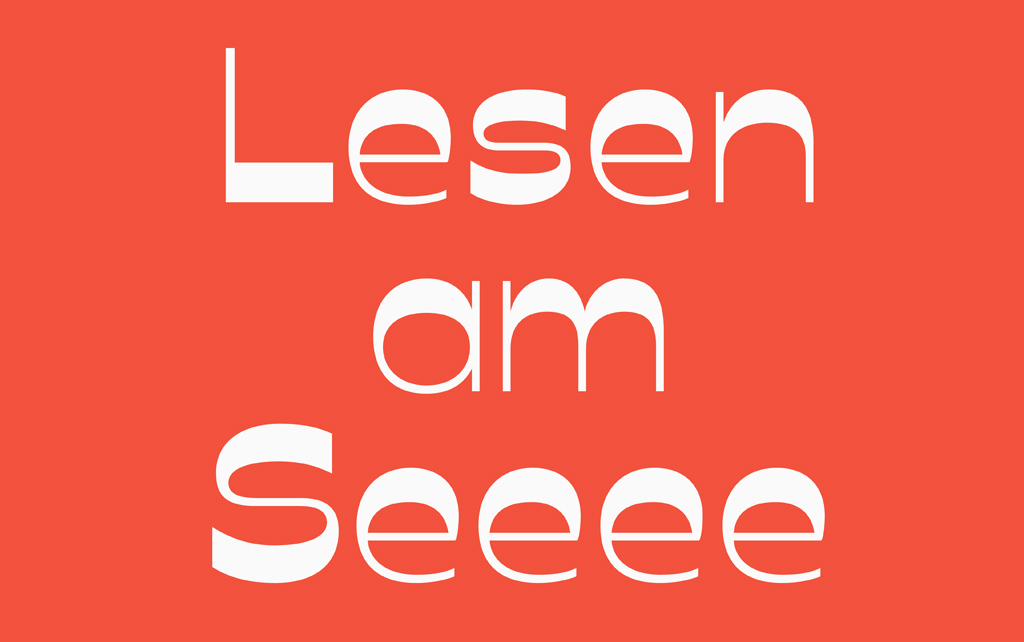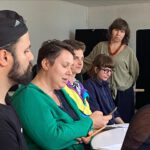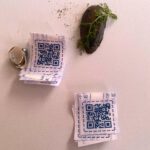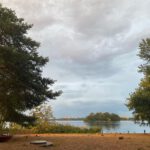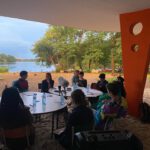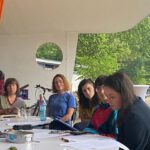Lesen am See: Reading#1: kelps – archives – connecting bodies of water
Saturday 20. August at 6:00 pm
With „Lesen am See“ we start the reading events dedicated to different voices, approaches to the performed text as a form of knowledge‘s sharing. For the first reading we invited a reading group who focuses on the unique nature of kelps, water bodies, and water itself.
„This session is an invitation to meet at the shore of the lake Tegel to join an interdisciplinary group for a collective reading and listening session. In these hot days of summer, sweating and hiding from the sun, while our riverbeds lay dry and bodies (human and nonhuman alike) are exposed to water scarcity, pollutions, and displacements, we seek out healing knowledges and practices that connect our diverse experiences of living with water as a precious and precarious substance.
Building on our different backgrounds, experiences and projects we dive into texts about bodies of water and bodies in water that will flow together in an attempt to trace hydro–logical cycles, saturations, memories, and water politics followed by a breathing exercise and a discussion open to the public. We invite you to join us in this fluid exploration of wayward waterways, queer algae, and feminist futures.“-Galina Yarmanova, Jahia La Sangoma, Marianna Szczygielska, Marianna Szczygielska, Sybille Neumeyer, Svitlana Shymko.
~~~~~~~~~~~~~~~~~~~~~~~~~~~~~~~~~~~~~~~~~~~~~~~~~~~~~~~~~~~~~~~~~~~~~~
In the frame of the cycle „Lesen am See“ we would like to invite diverse reading groups and collectives to share their practices, related to the dialogical nature of text itself as well the community of readers & listeners. This cycle happens in the very particular place of Strandbad Tegelsee: on the one hand remote, in the woods on the Tegel lake, and at once in the middle of the city of Berlin. The presentations will be followed by the discussion. Readings take place on Saturdays in the Strandbad Tegelsee/Zentrum für Kultur und Erholung. Participation is free of charge, registration is not required.
upcoming events:
Lesen am See #2
27. August, 6:00 – 8:00 pm
COVEN Berlin
Lesen am See #3
10. September, 4:00– 8:00 pm
Literarische Diverse — Traum Lesebühne
Address: Strandbad Tegelsee /Zentrum für Kultur und Erholung
Schwarzer Weg 95, 13505 Berlin
~~~~~~~~~~~~~~~~~~~~~~~~~~~~~~~~~~~~~~~~~~~~~~~~~~~~~~~~~~~~~~~~~~~~~~
Galina Yarmanova teaches feminist and queer theory. Currently, she is a fellow at Bard College Berlin. Galina works with visual and textual archives and uses decolonial queer feminist approaches in her research and activism.
Jahia La Sangoma (she/her) is an academic, artist, and land-based activist based in Berlin, Germany. Her connection with waters comes from her experiences in transboundary journeys and the healing nature of water. Jahia is an ecofeminist and participant in intersectional justice movements. Her work focuses on the theme that climate justice is social justice, and using degrowth as a method of improving human and non-human nature relationships.
Marianna Szczygielska (she/her) is a feminist researcher of human-animal relations. Her interests include environmental humanities, queer ecologies, and science and technology studies. Currently, Marianna works as a postdoctoral researcher at the Czech Academy of Sciences in Prague and teaches at Bard College Berlin. She is also an Associate Editor of the Humanimalia journal.
Sybille Neumeyer (she/her) is an artist and researcher with focus on environmental issues and relationships between humans and non-humans. Through polyphonic narration, installations, walks, performative lectures and video essays she is examining the intersections of biocultural diversity loss and climate crisis, searching for ecocentric perspectives and multispecies justice.
Svitlana Shymko (she/her) is an independent documentary filmmaker from Ukraine, a graduate of the DocNomads international MA program in documentary film directing. Svitlana is working on developing political, social, and feminist topics in documentary cinema.
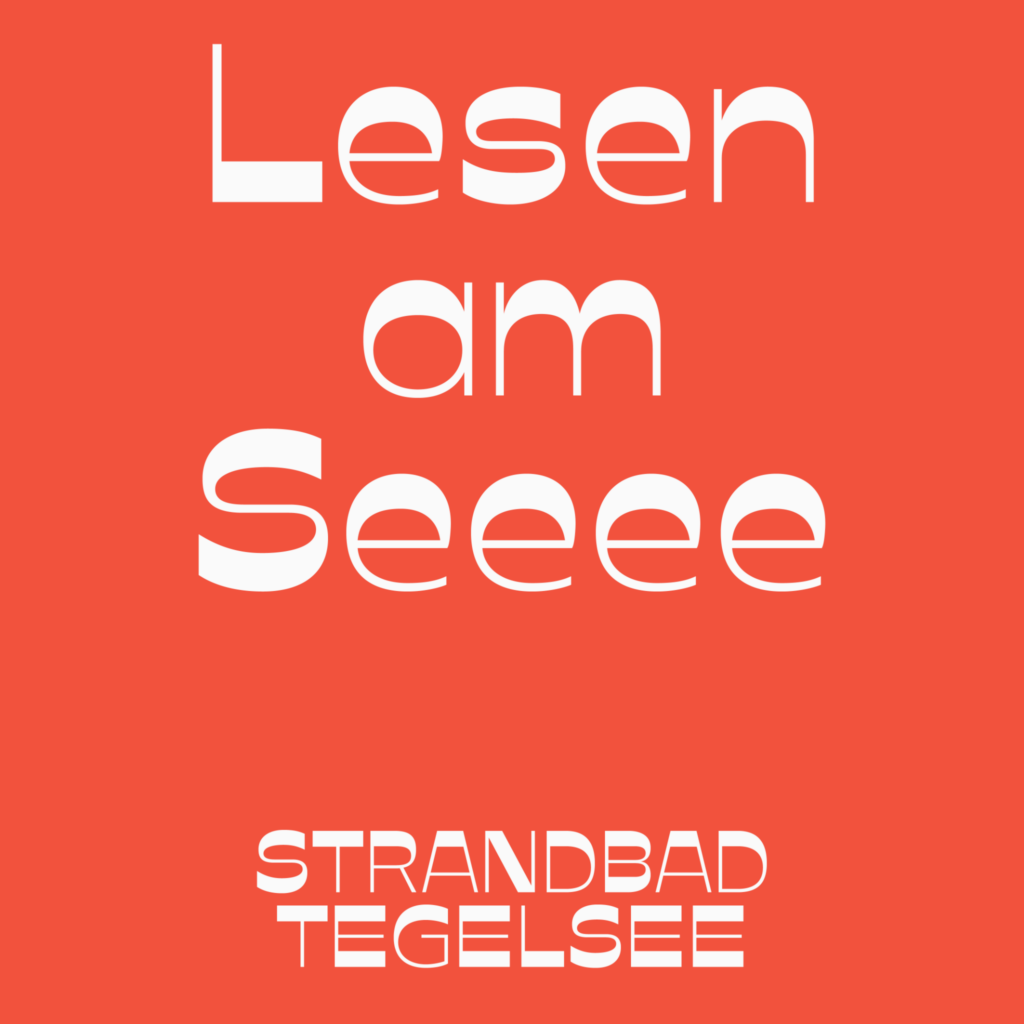
Lesen am See is a part of the two-year collaborative project Artistic Ecologies: New Compasses, Tools and Alliances conceived in collaboration with WHW, Zagreb, the Rijksakademie van beeldende kunsten, Amsterdam, and Neue Nachbarschaft/Moabit, Berlin.
Co-funded by European Union and Foundation Between Bridges.


